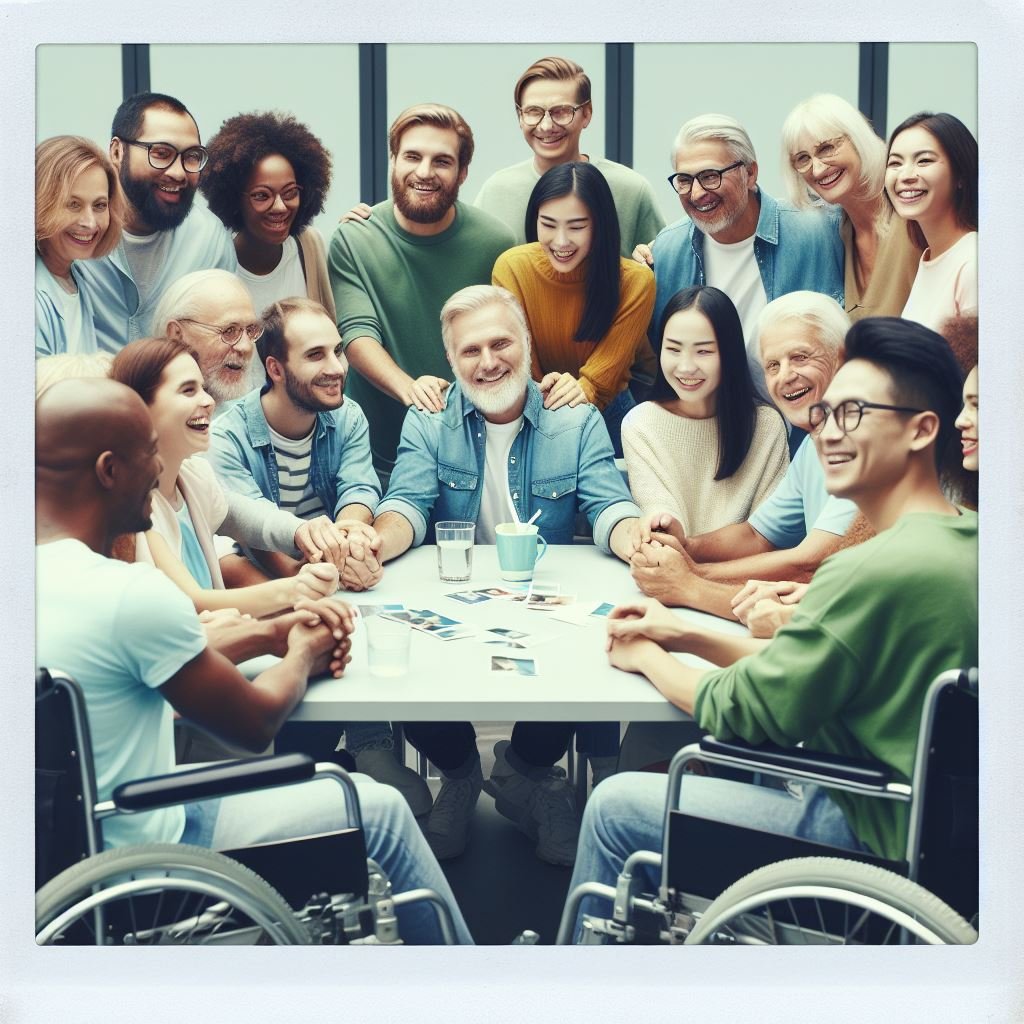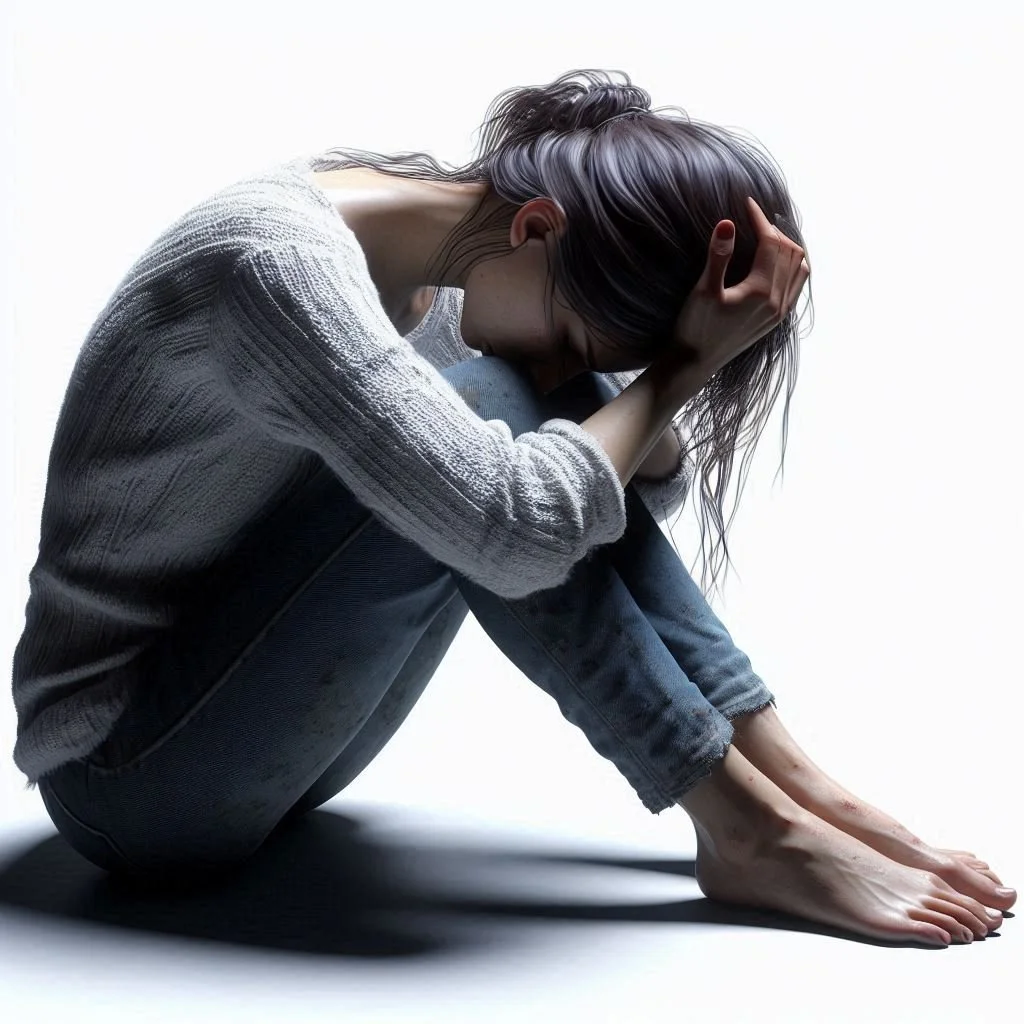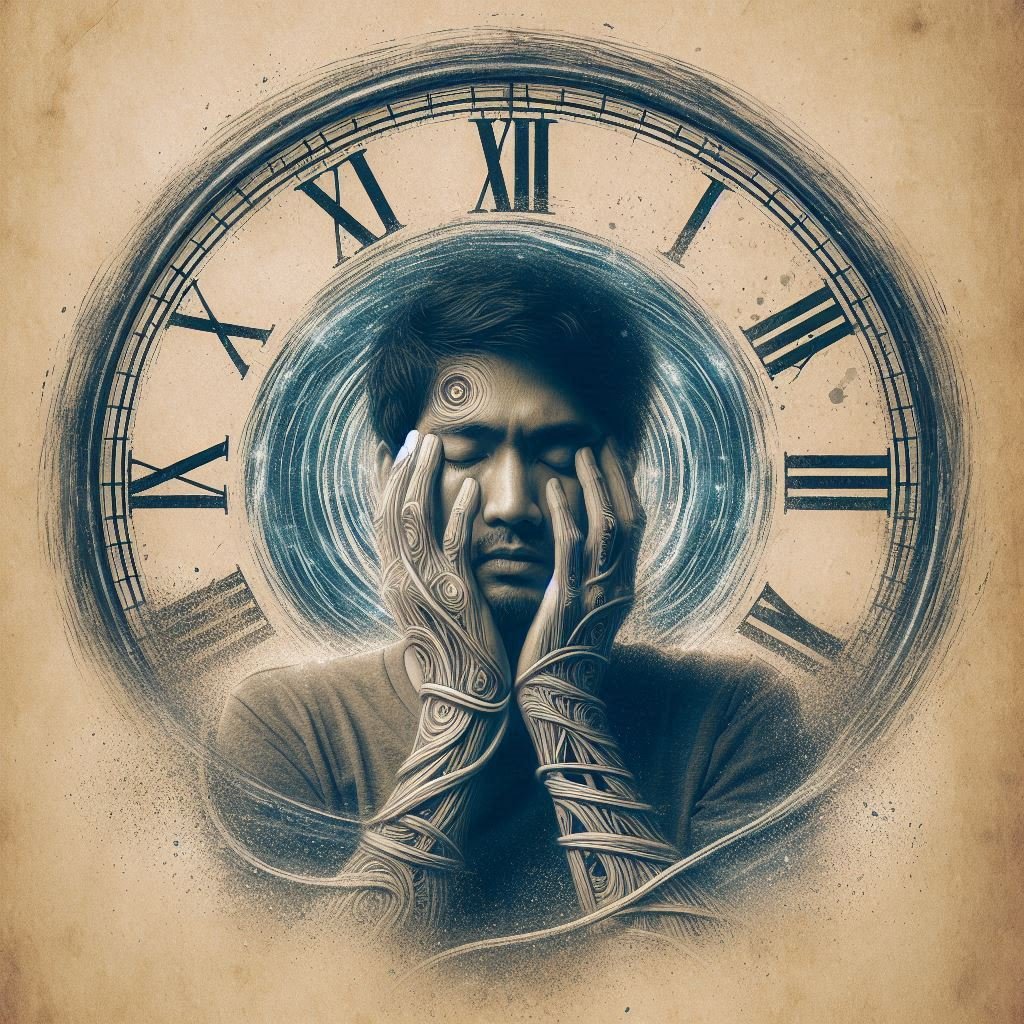The Vital Role of Brain Injury Support Groups in Connecticut
For individuals navigating life after a brain injury, support groups offer critical emotional, social, and practical resources that aid in their recovery. In Connecticut, the Brain Injury Alliance of Connecticut (BIAC) plays a central role in establishing and overseeing these support groups, ensuring brain injury survivors and their families have access to the community and care they need.
Celebrating Disability Pride Month: What It Means for Brain Injury Survivors in Connecticut
Every July, Disability Pride Month offers a unique opportunity to celebrate the achievements and resilience of individuals with disabilities, including brain injury survivors. For those in Connecticut, supported by organizations like the Supported Living Group (SLG), this month is a time to highlight their journeys, raise awareness about their needs, and advocate for greater inclusion and support.
Suicidality and Suicide Prevention for Brain Injury Survivors: A Critical Need for Comprehensive Support
Brain injuries can profoundly impact an individual's life, leading to cognitive, emotional, and physical challenges. Among the most concerning outcomes is the increased risk of suicidality. Understanding and addressing this risk is crucial for healthcare providers, caregivers, and support services. In this context, the Supported Living Group’s (SLG) community-based non-medical brain injury support services in Connecticut play a vital role.
The Connection Between PTSD and Brain Injury
Post-Traumatic Stress Disorder (PTSD) and brain injuries, particularly traumatic brain injuries (TBIs), are closely connected. Both conditions often occur simultaneously, especially in military personnel, athletes, and accident victims. TBIs can exacerbate the symptoms of PTSD, making the recovery process more complex.
Understanding Perseveration After Brain Injury: Overcoming Memory Loops
Perseveration, or the uncontrollable repetition of a thought, word, or action, is a common issue following a brain injury. This phenomenon can manifest as persistent memory loops, where individuals continuously relive moments from their lives before the injury. These repetitive cycles can severely impact their ability to move forward and engage with their current lives.
Navigating Employment Loss After a Brain Injury: Lessons from Emilia Clarke’s Journey
Experiencing a brain injury can be life-altering, affecting various aspects of daily life, including employment. The sudden shift from being a capable, productive individual to facing significant challenges can be overwhelming. Actress Emilia Clarke's experience sheds light on this difficult journey, offering valuable insights and hope for brain injury survivors.
Nourishing Brain Health: The Impact of an Anti-Inflammatory Diet After a Brain Injury
Following a brain injury, prioritizing nutrition becomes paramount in supporting recovery and overall well-being. An anti-inflammatory diet, rich in nutrient-dense foods, has emerged as a promising approach to mitigate inflammation and promote healing post-brain injury. In this blog post, we delve into the significance of adopting an anti-inflammatory diet and its potential benefits for individuals navigating the challenges of brain injury, particularly in Connecticut and neighboring states.







